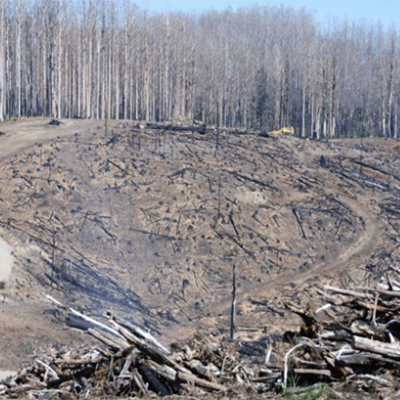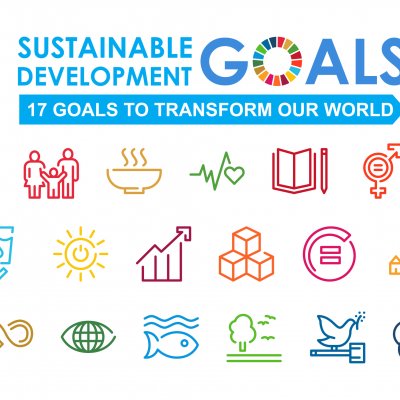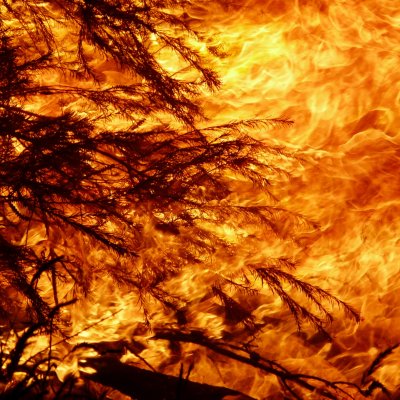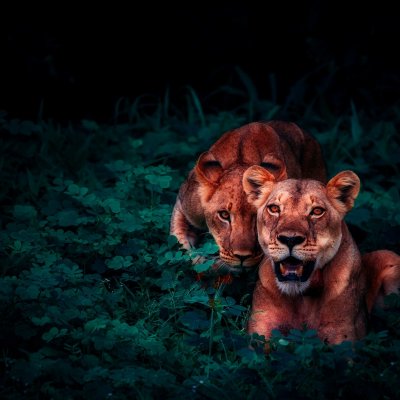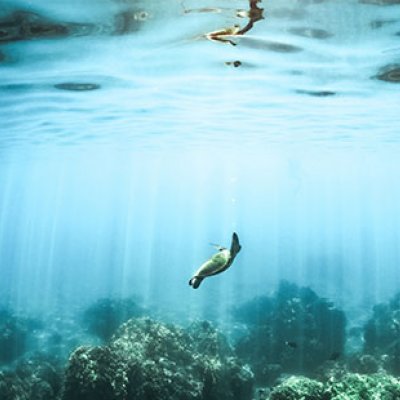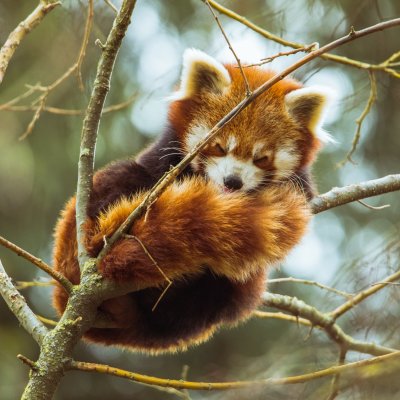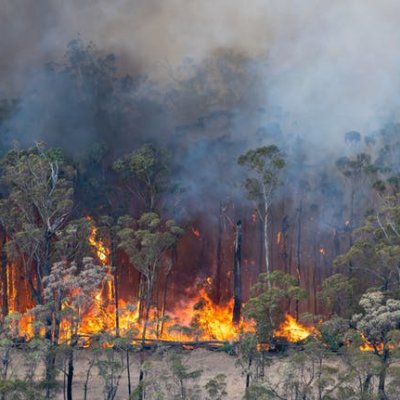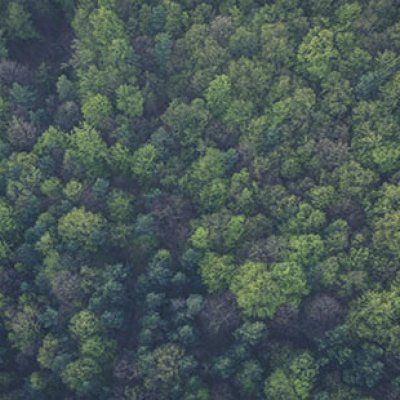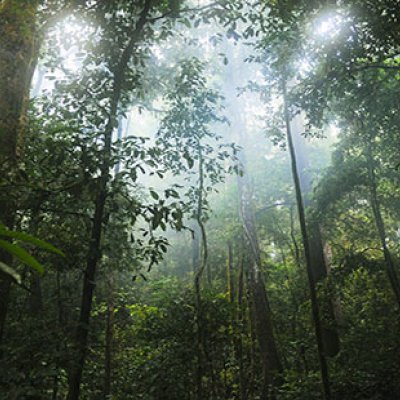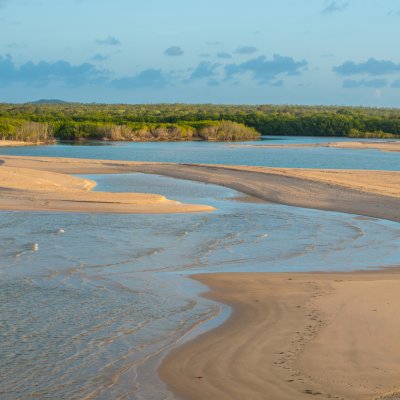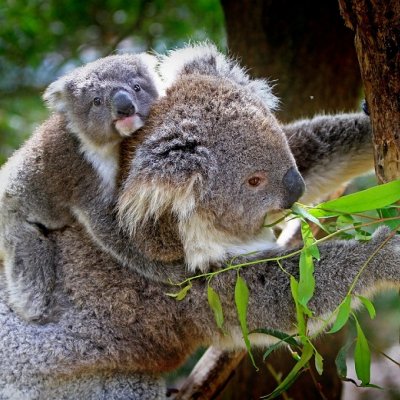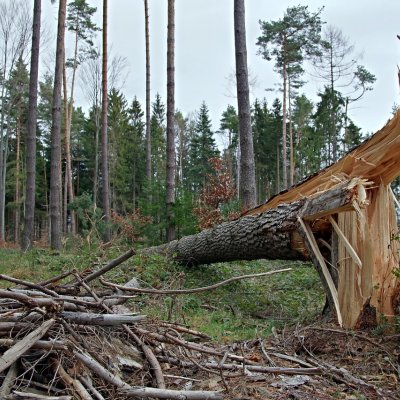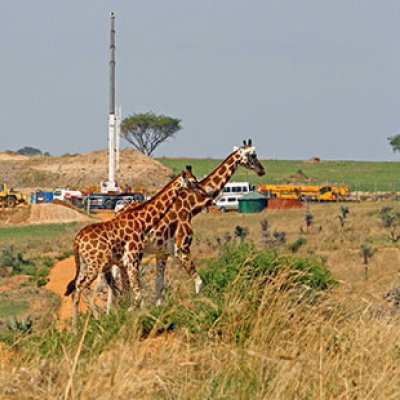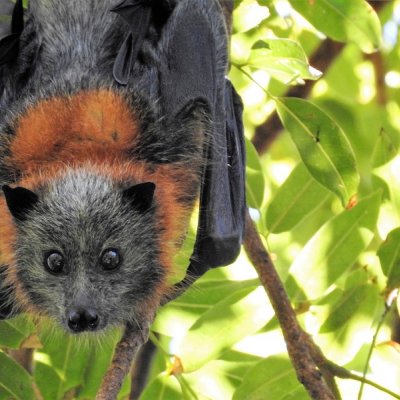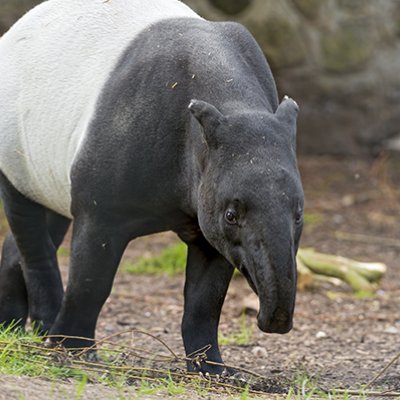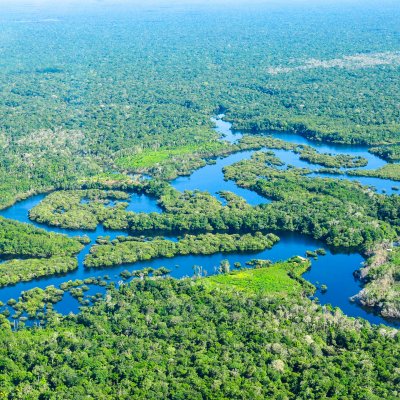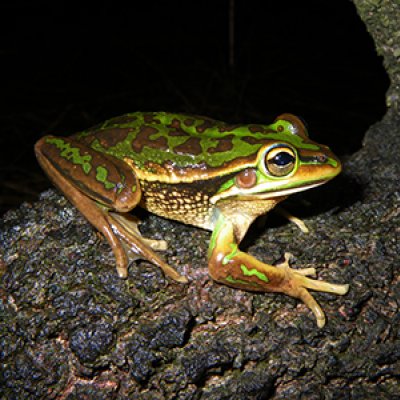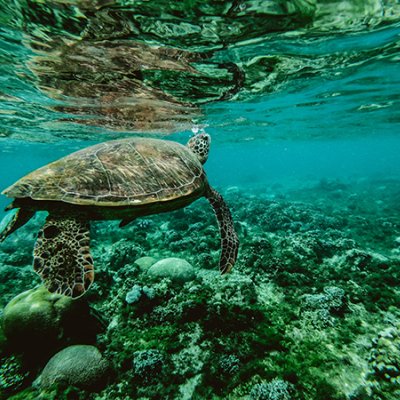The damage caused by the catastrophic 2019-2020 Australian bushfires could lead to a dramatic jump in the number of native species at risk, according to University of Queensland-led research.
21 July 2020A team of scientists has warned that the UN Sustainable Development Goals (SDGs), designed to bring together environmental protection and socioeconomic development, are failing to protect biodiversity.
6 July 2020Logging of native forests increases the risk and severity of fire and likely had a profound effect on the recent, catastrophic Australian bushfires, according to new research.
6 May 2020Conservation researchers have debated two different approaches to protecting biodiversity for years, but an international team of scientists has found a combination could achieve the best results.
22 April 2020Australian experts are calling for the higher education sector to prepare for the knock-on effects of climate change on their research.
24 February 2020At least 26 per cent of our oceans need urgent conservation attention to preserve Earth’s marine biodiversity, a University of Queensland-led international study has found.
21 February 2020Prioritising and tracking the protection of countries’ ecosystems – from wetlands to reefs, forests and more – is critical to protecting Earth’s biodiversity.
21 February 2020More than one billion mammals, birds, and reptiles across eastern Australia are estimated to have been affected by the current fire catastrophe.
20 January 2020A group of international conservationists is urging governments across the globe to adopt a new approach to address the impact of economic development on the natural world.
8 November 2019The impact of losing intact tropical forests is more devastating on the climate than previously thought, according to University of Queensland-led research.
31 October 2019The global conservation community has been urged to adopt a specific target to protect the world’s remaining wilderness areas to prevent large scale loss of at-risk species.
19 September 2019Human activities have destroyed more than 7.7 million hectares of threatened species habitat, revealing critical failures with Australia’s federal environmental protection laws.
9 September 2019The world needs a new international protected area target based on scientific evidence, according to a team including University of Queensland scientists.
11 April 2019New research has revealed that human threats – like hunting and land clearing – are severely limiting the areas in which species can survive.
13 March 2019The Threatened Species Recovery Hub has rejected reports by the Courier-Mail media outlet that the Hub is an anti-coal activist group and is involved in a review of Adani coal mine environmental plans.
21 January 2019The mass death of flying foxes in extreme heat in North Queensland last month underscores the importance of University of Queensland wildlife research released today.
21 December 2018Human impacts are the biggest risk factor in the possible extinction of a quarter of all land-based mammals, according to a University of Queensland study.
9 November 2018The world’s last wilderness areas are rapidly disappearing, with explicit international conservation targets critically needed, according to University of Queensland-led research.
1 November 2018Protected areas alone are not enough to save Australia’s threatened species, according to research from the Threatened Species Recovery Hub.
5 September 2018An international study led by University of Queensland scientists has found that only 13 per cent of the ocean can still be classified as wilderness.
27 July 2018- ‹ previous
- 2 of 5
- next ›
